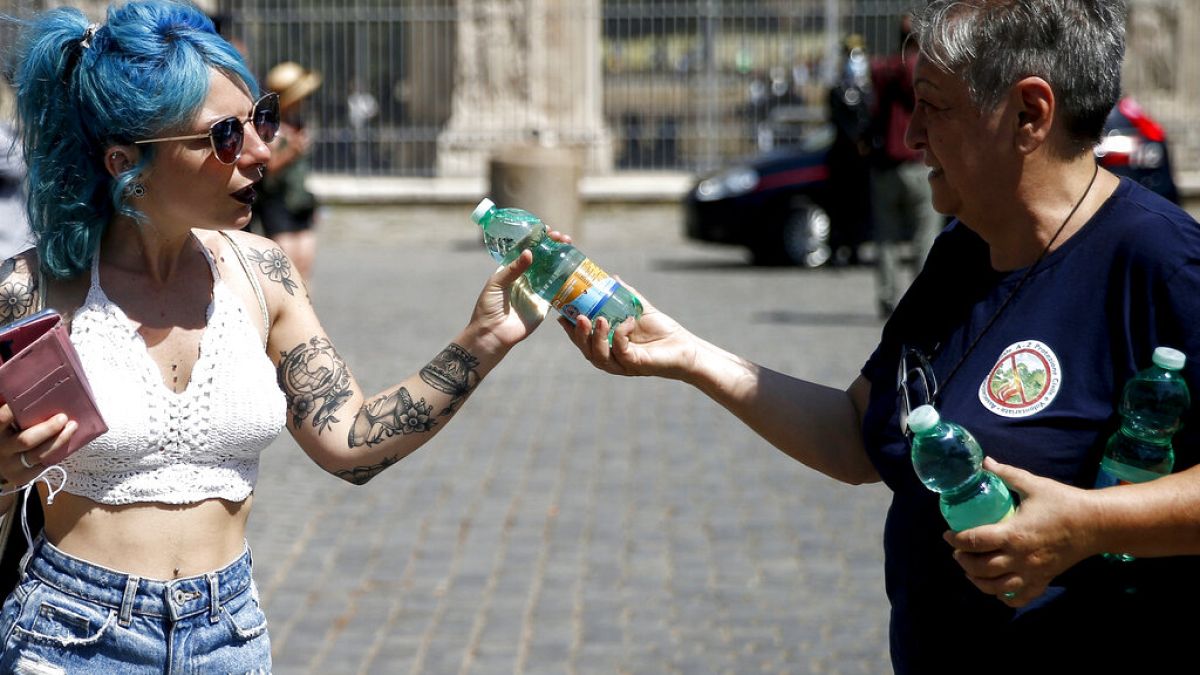

As summer unfolds across Europe, a palpable heat envelopes the continent, with temperatures soaring above 40°C in many regions. Countries including Italy, Spain, and Portugal are grappling with this relentless heatwave, prompting cities to issue red alerts as a precautionary measure against the extreme heat and potential wildfires. Despite the intensity of these conditions, communities and authorities are working together to navigate and adapt to the challenges posed by the season.
The current heatwave sweeping through Europe is among the most intense recorded, with some areas anticipating temperatures reaching up to 44°C. Meteorological services, such as the Portuguese Institute for Sea and Atmosphere, have issued alerts concerning the heightened risk of rural wildfires, stressing the importance of vigilance during this period. These precautionary measures are indicative of a proactive approach to safeguarding public safety and minimizing the environmental impact of the heat.
While the soaring temperatures may seem overwhelming, numerous strategies are being employed to help individuals stay cool and comfortable. Simple yet effective measures, such as staying hydrated, wearing light clothing, and avoiding strenuous outdoor activities during peak heat, are highly recommended. Moreover, changes within homes can significantly ameliorate the oppressive heat—closing blinds during the hottest parts of the day, using fans or air conditioning efficiently, and ensuring adequate ventilation can transform living spaces into restful refuges from the heat.
As cities issue red alerts, local governments are considering more comprehensive interventions. The possibility of temporary work bans during peak heat periods is under discussion, aiming to protect workers from the adverse effects of prolonged heat exposure. This consideration is part of a broader strategy to adapt to the changing climate patterns and prioritize the health and well-being of citizens.
In light of these challenges, the resilience of communities is truly remarkable. The shared experience of adapting to the heatwave fosters a sense of solidarity and collective purpose. People are coming together, sharing tips and resources, and supporting each other in creative and meaningful ways. This spirit of cooperation underscores the broader human capacity for adaptation and resilience in the face of environmental challenges.
The persistent heat serves as a poignant reminder of the broader climate trends affecting our world. While immediate actions focus on managing the current situation, these climate patterns call for longer-term strategies and initiatives that promote sustainability and resilience. Encouragingly, this period of adversity also offers opportunities to enhance awareness and catalyze efforts towards a more sustainable future.
In conclusion, Europe’s current encounter with extreme heat presents both a challenge and an opportunity. By embracing a mindful and collaborative approach, communities are demonstrating the ability to adapt and thrive amidst the heat. Through a combination of immediate adaptation measures and long-term strategic planning, Europe continues to exemplify resilience and strength, paving the way for a more sustainable coexistence with nature’s rhythms.
Source: {link}
